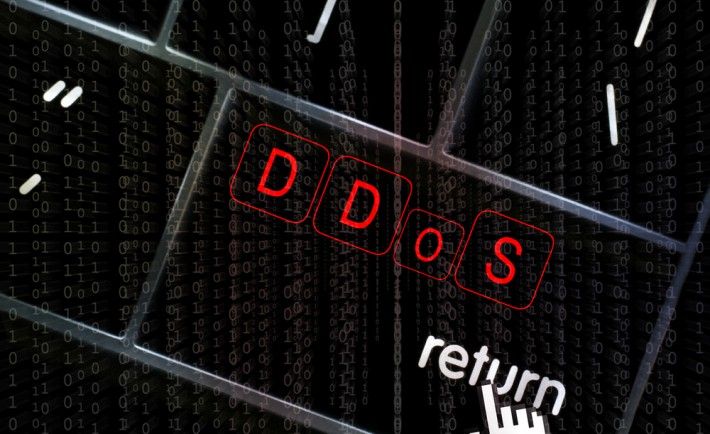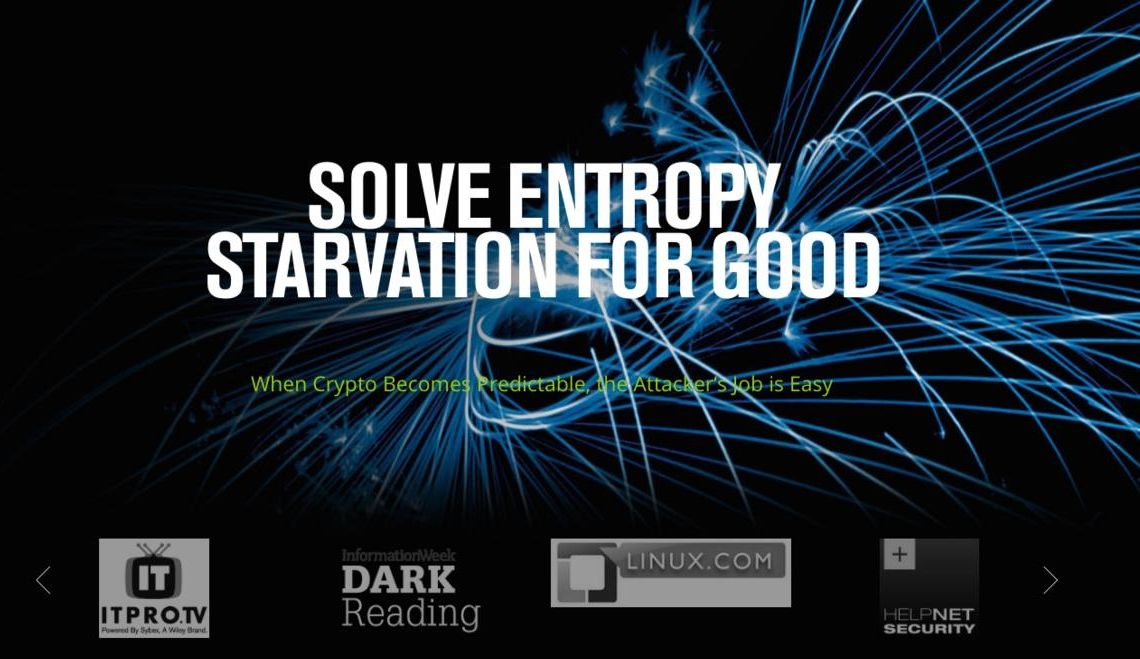Published: 2012/11/01 | ISBN: 311027325X | PDF | 349 pages | 12.06 MB
The subject of this book is theory of quantum system presented from information science perspective. The central role is played by the concept of quantum channel and its entropic and information characteristics. Quantum information theory gives a key to understanding elusive phenomena of quantum world and provides a background for development of experimental techniques that enable measuring and manipulation of individual quantum systems. This is important for the new efficient applications such as quantum computing, communication and cryptography. Research in the field of quantum informatics, including quantum information theory, is in progress in leading scientific centers throughout the world. This book gives an accessible, albeit mathematically rigorous and self-contained introduction to quantum information theory, starting from primary structures and leading to fundamental results and to exiting open problems.








